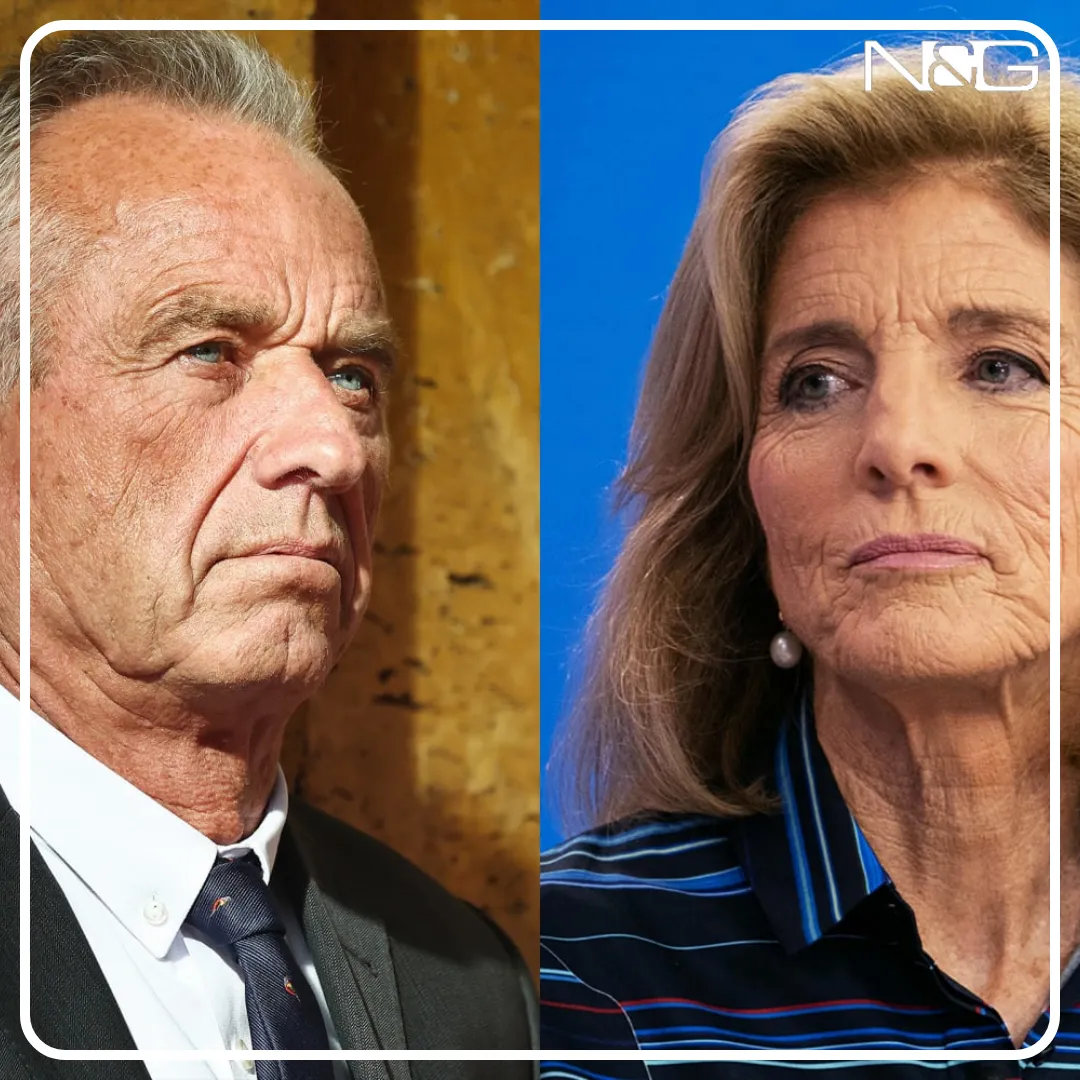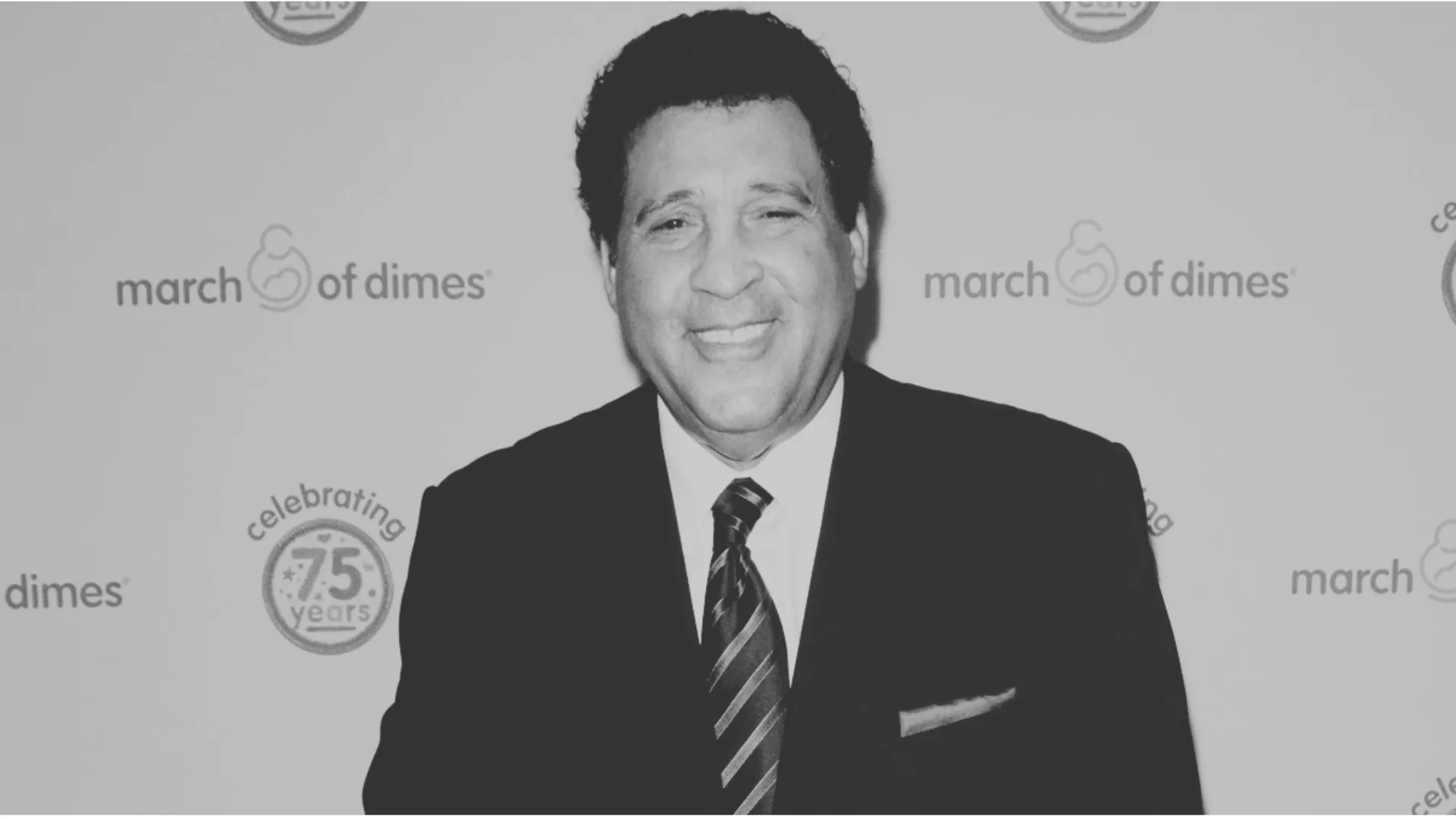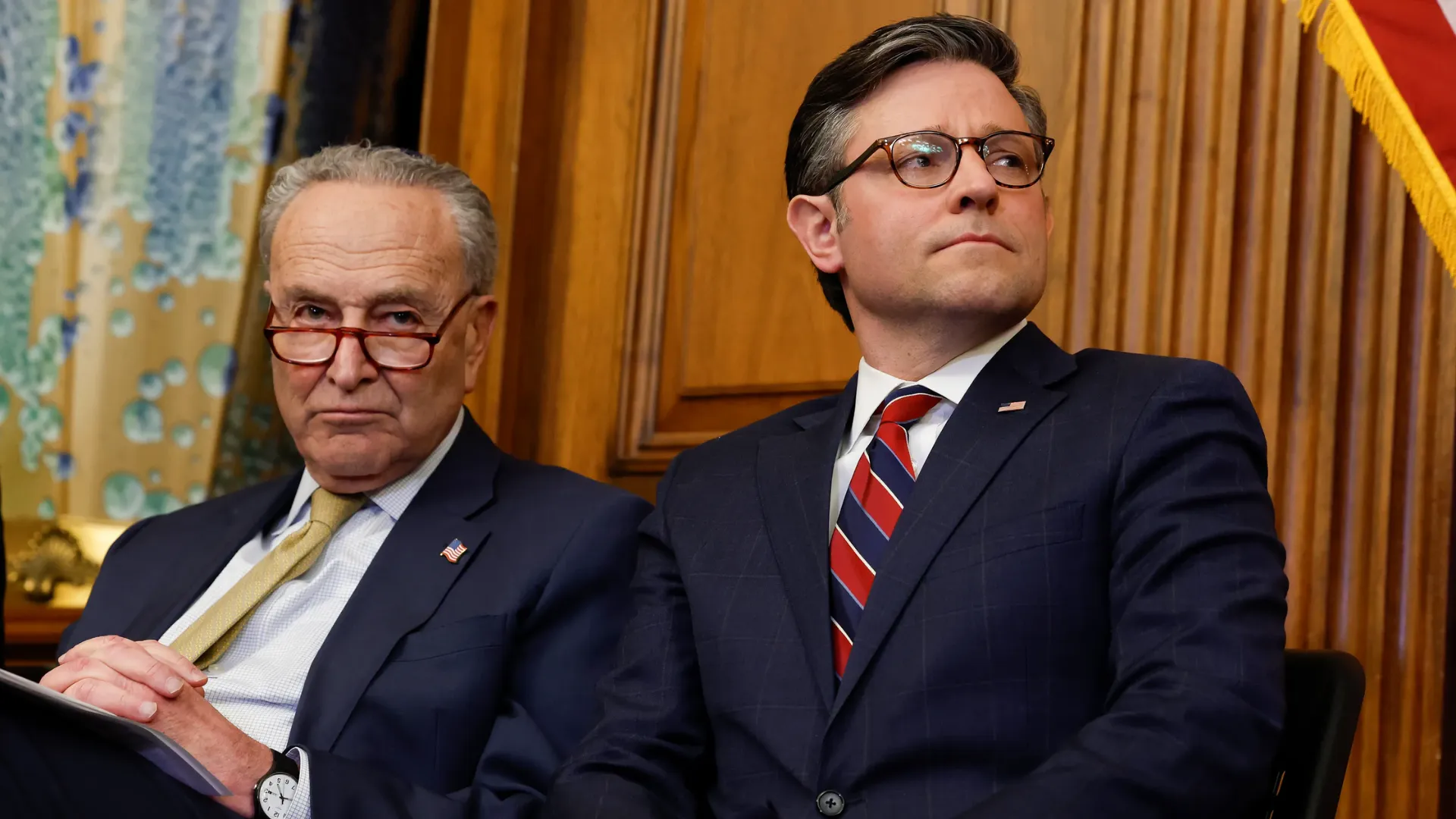
In an unexpected and, for many, bewildering turn of events, comedian and political commentator Bill Maher recently shared details of a private dinner he had with President Donald Trump—an encounter arranged by mutual friend and musician Kid Rock.
What started as a private meeting over dinner quickly evolved into a national discussion on civility, authenticity in politics, and the precarious balance between confronting authoritarianism and understanding one’s ideological adversary.
Maher, a longtime critic of Trump and self-described libertarian liberal, revealed the encounter on his HBO program Real Time with Bill Maher, sparking a deluge of commentary across social media and news outlets.
His recounting was filled with humor, self-awareness, and a measured caution not to let the warmth of a private dinner obscure the gravity of Trump’s political actions.
“I’m not going to dress like Zelensky,” Maher joked, referring to the Ukrainian president’s military-style attire during a U.S. visit, as he opened his monologue about the dinner.
“What I’m going to do is report exactly what happened. You decide what you think about it. And if that’s not enough pure Trump hate for you, I don’t give a f***.”
The meeting, which Maher insisted was not about political reconciliation or endorsement, nonetheless opened a floodgate of responses.
Some saw it as an admirable effort to bridge divides in a polarized country. Others viewed it as an act of naiveté—or worse, complicity in normalizing a figure they believe is actively undermining democracy.

The dinner comes at a fraught moment in American political life. Trump, now in his second non-consecutive term, has continued to consolidate power through sweeping executive actions and has aligned closely with controversial figures like Elon Musk, who now oversees the Department of Government Efficiency (DOGE).
His administration has faced backlash for policy rollbacks, mass deportations, and an aggressive posture toward the media, dissenters, and even some international allies.
Amid this backdrop, Maher’s dinner with Trump raises complex questions: Is it possible—or even responsible—to engage with Trump in a personal, non-hostile setting without legitimizing his behavior? Can conversation co-exist with accountability?
For Maher, the answer lies in tone. He emphasized that he met Trump not to debate, but to foster some level of civil engagement, especially in an era when much of political discourse has been reduced to social media flame wars.
“There’s got to be something better than hurling insults from 3,000 miles away,” Maher said.

For years, Maher has used his platform to criticize and satirize Trump. One of the most notable incidents occurred in 2013, when Maher mocked Trump’s baseless “birther” conspiracy against President Barack Obama by joking that Trump’s father might be an orangutan.
Trump responded by filing a $5 million lawsuit, which was later dropped. The tension between the two has continued since then, with Maher comparing Trump supporters to brainwashed North Koreans and Trump calling Maher “overrated” and “ratings challenged.”
Yet during the dinner, Maher said Trump brought up the orangutan remark with no apparent anger. Instead, he said to UFC President Dana White, another guest at the dinner, “You know, Bill said my father was an orangutan, and I really love my father.”
Maher replied, “Well, Mr. President, I did that because I didn’t like what you were doing regarding Obama’s birth origins. I thought that was low.”
According to Maher, Trump smiled knowingly, as if to say, “Yeah, I get it.”
This human moment—two media figures acknowledging their past jabs—was, to Maher, one of the most surreal parts of the night.
Another came when Maher produced a list of 60 insults Trump had previously lobbed at him, ranging from “stupid” to “low life” to “sleaze bag.” Trump signed it, reportedly with good humor.
Maher reflected: “The most surreal part of the whole night was when I got home, I flew back right after the dinner, and I'm in bed watching 60 Minutes from the night before, and there's Trump in one of their stories, standing at a podium in a room that looked to me like one of the rooms we'd just been in and he's ranting—‘Disgusting. You're a terrible person.’ And I'm like, 'Who's that guy? What happened to Glinda, the good witch?’”

The public reaction to Maher’s story has been predictably polarized. On the right, many took Maher’s account as evidence that Trump is not the caricature his critics portray him to be.
Former Arkansas Governor Mike Huckabee tweeted: “What Bill Maher saw in Donald Trump is what most of us who know and love POTUS see when we are with him. Listen and learn!”
On the left, the response was much more critical. Former Republican-turned-anti-Trump commentator Joe Walsh unleashed a lengthy thread on X (formerly Twitter), denouncing Maher’s description of Trump as “gracious and measured.”
“You do sound super naive,” Walsh wrote. “So Trump, the man who lies as he breathes, the man who tried to overthrow an American election… that man is sort of 'gracious & measured' in private? Really Bill? Screw that. With everything Trump is doing PUBLICLY to this country I love, I don't give a damn what he's like in PRIVATE. Shame on you Bill.”
Others echoed Walsh’s sentiment, warning that giving Trump a platform for personal charm, even in anecdotal form, risks undermining efforts to hold him accountable for his public actions.

One of the most revealing aspects of Maher’s account is the contrast between the Trump he met over dinner and the Trump who shows up at rallies and in front of cameras.
Maher described a man who was calm, even affable—nothing like the bombastic figure known for shouting “Disgrace!” and “Enemy of the people!” at reporters.
The dichotomy raises questions about the performative nature of Trump’s politics. Is the president’s public persona merely an act for the base, a form of theater meant to keep his brand alive?
Or is the private Trump just as calculating, merely turning on the charm when it serves his interests?
For critics like Maher, the answer might be both. Trump is, after all, a former reality TV star who understands the power of image and attention better than most politicians.
Maher noted that the private Trump was so disarming that it made his public persona feel even more calculated. “A crazy person doesn’t live in the White House—a person who plays a crazy person on TV a lot lives there,” Maher concluded. “It’s just not as f***ed up as I thought it was.”
Maher has long championed the idea of engaging with people across the political aisle, arguing that democracy requires discussion, even with those we profoundly disagree with.
His dinner with Trump, awkward as it may seem to some, was consistent with that ethos. He wasn’t trying to rehabilitate Trump’s image; he was testing whether two ideological opposites could share a meal without shouting at each other.
“I’m not saying it’s our responsibility to do that,” Maher said. “I’m just reporting exactly what I saw.”

In a hyperpolarized political climate, where social media algorithms reward outrage and tribalism, Maher’s decision to meet with Trump—and to describe that meeting honestly—was bound to provoke strong reactions. But it also invites reflection.
Can we ever hope to de-escalate political tensions if we refuse even basic human interaction with our opponents?
That question has no easy answer. For some, meeting with Trump is an unforgivable offense; for others, it’s a bold move toward de-escalation.
For Maher, it was neither. It was simply what it was—a dinner, a conversation, a chance to see what lies behind the curtain.
Maher has no illusions that the dinner will change Trump or reform his presidency. Nor does he expect it to change the minds of his liberal critics or conservative detractors.
But by recounting the experience, he’s added a new layer to the national conversation about Trump and how we engage with people we oppose.
In an age when most political discourse happens in silos, filtered through outrage and algorithm, the story of Bill Maher and Donald Trump’s dinner stands out—not as a call for reconciliation, but as a reminder of something simpler and perhaps more subversive: conversation.



